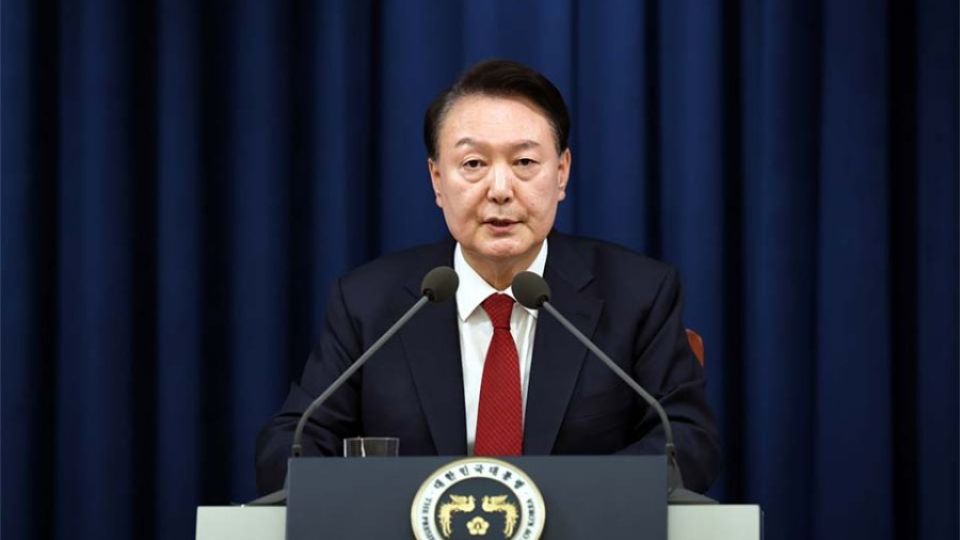January 7, 2025
NEW DELHI – The dramatic standoff surrounding the attempted arrest of South Korea’s suspended president, Yoon Suk Yeol, has drawn global attention to the intricate interplay of justice, power, and public sentiment in a democracy. It raises critical questions about the challenges of holding leaders accountable while navigating a deeply polarised political landscape.
The six-hour confrontation outside Mr Yoon’s residence, involving the Corruption Investigation Office (CIO), police officers, and his loyal security detail, underscores the practical and symbolic difficulties of pursuing justice at the highest level of government. While the decision to suspend the arrest was framed as a response to safety concerns, it also reflects the inherent tension between the rule of law and the optics of political authority. At the heart of the issue is Mr Yoon’s defiance of legal summons, which has fueled both his supporters’ fervour and his critics’ determination to see justice served. His actions symbolise a broader challenge faced by democracies worldwide: ensuring that even the most powerful figures are subject to the law.
Yet, the scenes of celebration among his supporters following the suspension of the arrest illustrate the enduring appeal of populist narratives, even in the face of serious allegations. The legal battle is further complicated by the indictment of senior military officials, including Army Chief Park An-su and Special Forces Commander Kwak Jong-geun. Both are accused of playing central roles in implementing martial law under Mr Yoon’s short-lived declaration. Their trial will test the ability of South Korea’s legal system to hold its military leadership accountable for alleged insurrection.The difficulty in executing Mr Yoon’s arrest reflects a deeper systemic issue. Despite being stripped of official powers, he retains significant influence through his loyal security apparatus and his ability to galvanise public support.
The standoff, which saw members of the CIO locked in negotiation with Mr Yoon’s security team and a military unit assigned to protect Seoul, exposes a critical vulnerability in democratic systems: the risk of legal and institutional processes being undermined by political allegiances. As the CIO deliberates its next steps, it faces a delicate balancing act. Another attempt to arrest Mr Yoon could further inflame tensions and deepen societal divisions. Conversely, failing to act decisively risks undermining the credibility of South Korea’s justice system and reinforcing perceptions of impunity for those in positions of power. This episode serves as a litmus test for South Korea’s democratic resilience. It is a moment to reaffirm the principle that no one is above the law, regardless of their past or present status.
However, achieving this goal requires not only a firm commitment to legal accountability but also a nuanced approach that minimises the potential for further polarisation. The coming weeks will reveal whether South Korea can navigate this challenge effectively. The outcome will resonate far beyond its borders, serving as a powerful example ~ either of justice prevailing or of the complexities that continue to test modern democracies


